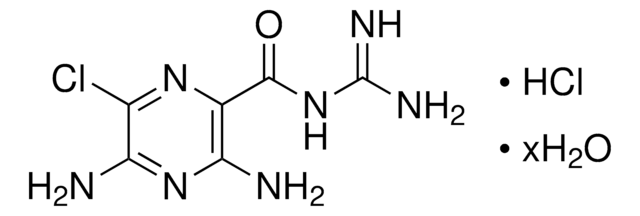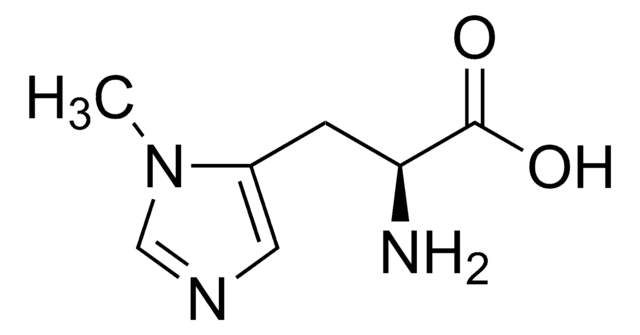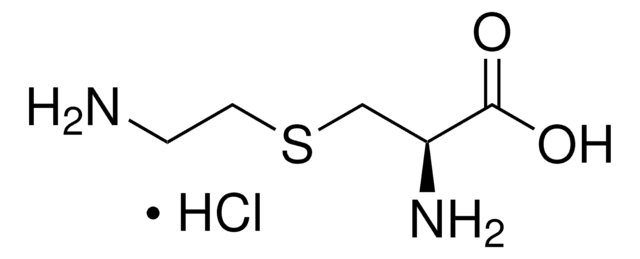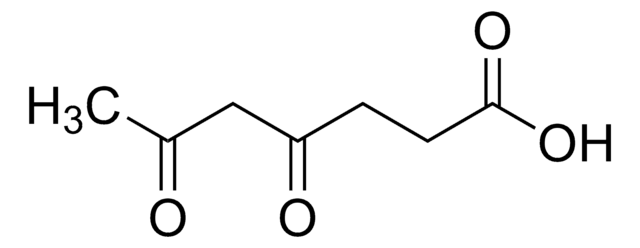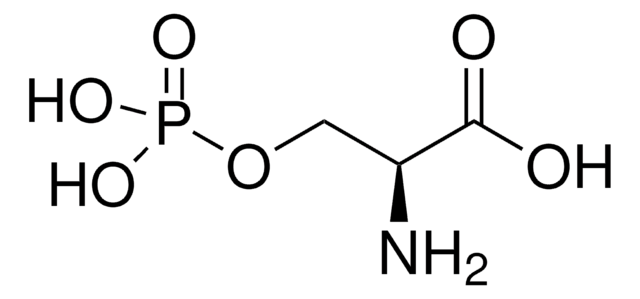A5707
Argininosuccinic acid disodium salt hydrate
≥80%
Synonym(s):
Sodium N-[[[(4S)-4-amino-4-carboxybutyl]amino]iminomethyl]-L-aspartate (2:1)
About This Item
Recommended Products
Quality Level
Assay
≥80%
form
powder
storage temp.
−20°C
SMILES string
O.[Na+].[Na+].N[C@@H](CCCNC(=N)N[C@@H](CC([O-])=O)C(O)=O)C([O-])=O
InChI
1S/C10H18N4O6.2Na.H2O/c11-5(8(17)18)2-1-3-13-10(12)14-6(9(19)20)4-7(15)16;;;/h5-6H,1-4,11H2,(H,15,16)(H,17,18)(H,19,20)(H3,12,13,14);;;1H2/q;2*+1;/p-2/t5-,6-;;;/m0.../s1
InChI key
UCTAVRCIKYVVFI-VDBFCSKJSA-L
Application
Storage Class Code
11 - Combustible Solids
WGK
WGK 3
Flash Point(F)
Not applicable
Flash Point(C)
Not applicable
Personal Protective Equipment
Choose from one of the most recent versions:
Certificates of Analysis (COA)
Don't see the Right Version?
If you require a particular version, you can look up a specific certificate by the Lot or Batch number.
Already Own This Product?
Find documentation for the products that you have recently purchased in the Document Library.
Customers Also Viewed
Articles
Inborn errors of metabolism are caused by changes in specific enzymatic reactions and hundreds of different such alterations, which affect about 1 of every 5000 newborns, have been characterized.
Our team of scientists has experience in all areas of research including Life Science, Material Science, Chemical Synthesis, Chromatography, Analytical and many others.
Contact Technical Service






